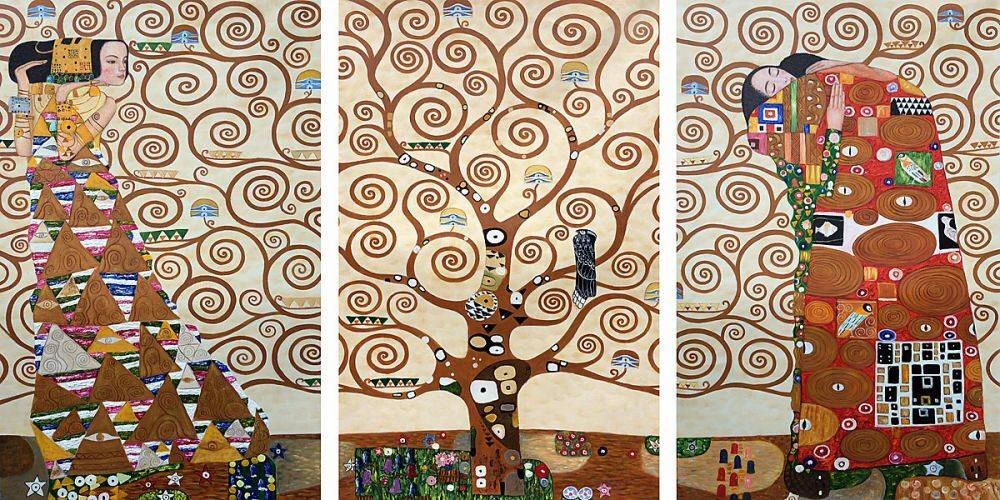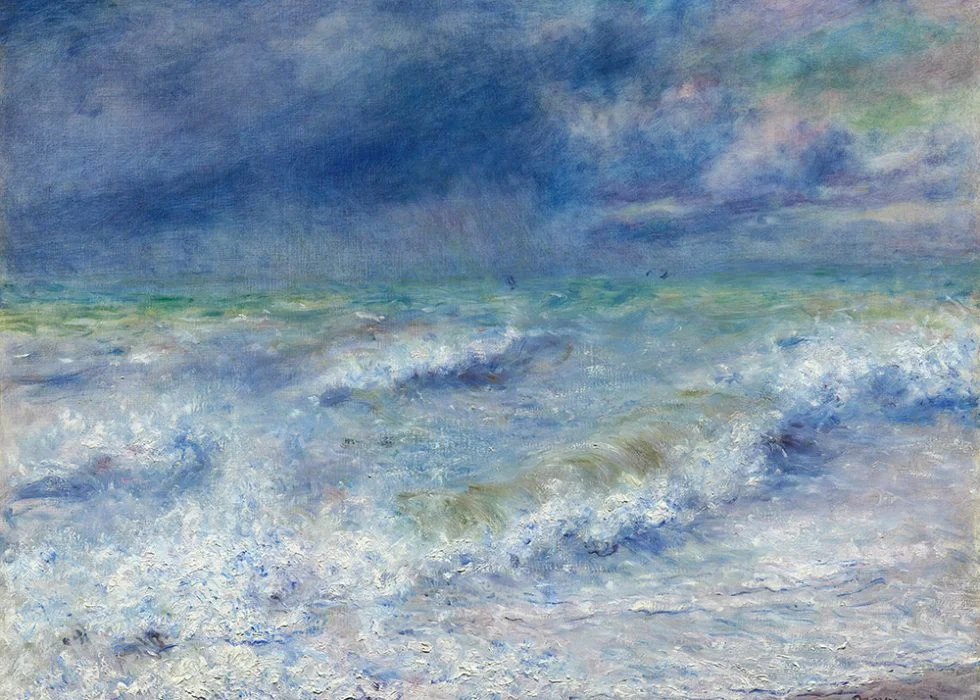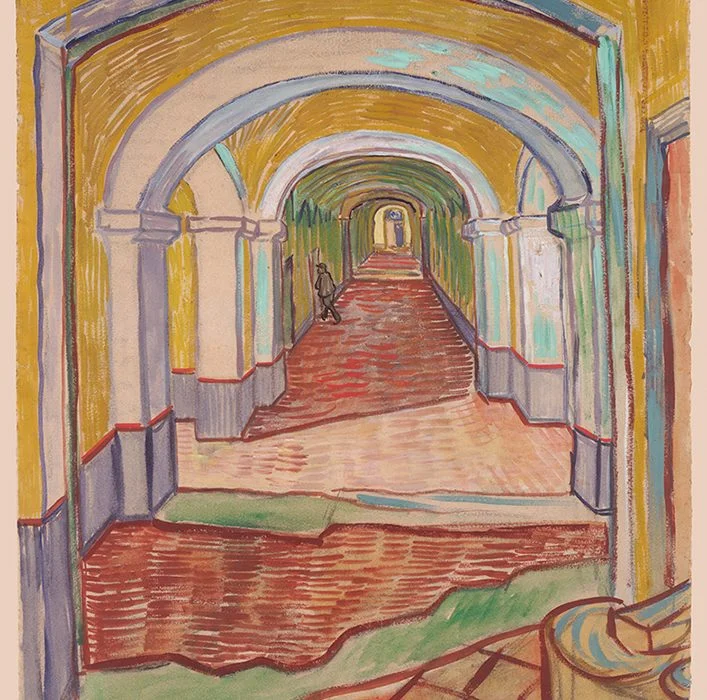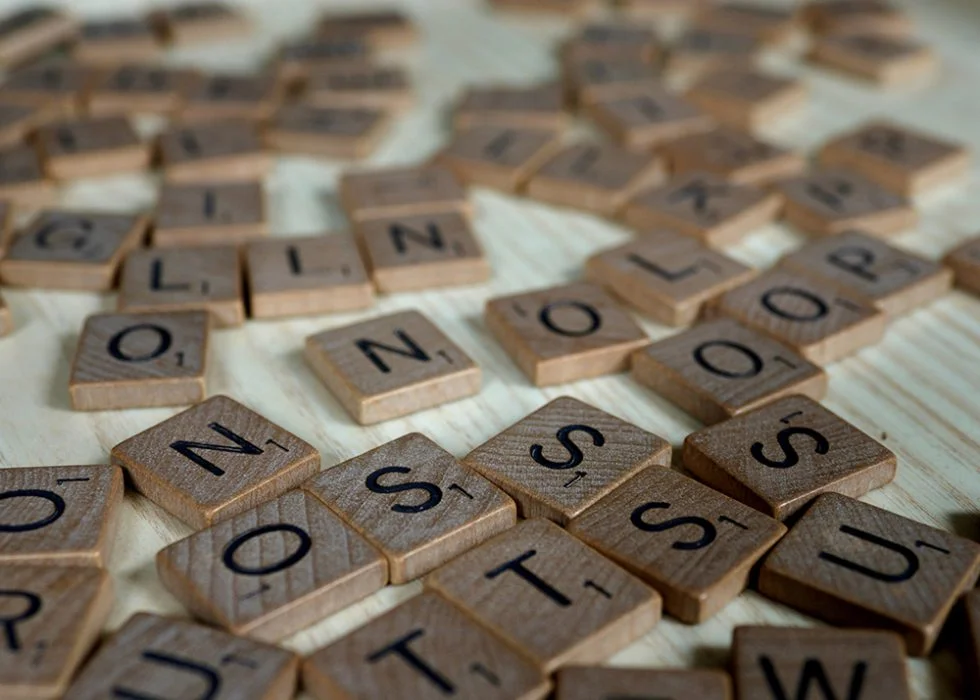Self-Knowledge • Trauma & Childhood
How All Meanness Is Inherited
When someone is mean to us without good cause – pushes us away cruelly in love, bullies us at work, gossips about our children or steals our money – we are, of course, in pain. But also, to a vexing extent, we are reduced to dire puzzlement. Why on earth did this happen? Why is someone like this? What is wrong with human nature? These questions add a whole new layer of suffering, pointing us towards the reality of generational trauma.
It is to assuage such haunting questions that we can turn to a simple-sounding dictum: all cruelty is inherited. The meanness we witness around us in the here and now – in shops, in boardrooms, in bedrooms and in online forums – is always, by a law of psychological economy, something that has been, with appalling diligence, passed down from one person to another. The ugliness that washes up on our doorsteps today is a legacy of ill-treatment, violence, selfishness, hard-heartedness, cynicism and indifference that came – somewhere offstage – from an angry father or a vindictive mother, a rageful great-aunt or a sexually abusive uncle, who themselves inherited corruption from a perverted grandfather or an alcoholic grandmother, all the way up the generations to our earliest ancestors in the Rift Valley or the Garden of Eden.

The Chain of Generational Trauma
We can look out across our world and trace these complex chains of inheritance. One child bullies another in the school corridors because someone has been cruel to them back home. One person ignores another’s desperate needs in a relationship because, many years before, their own suffering was neglected by a screaming father (who in turn had been appallingly treated by his father, who now rests in a neglected corner of a far-off churchyard). A friend opts not to step up to help someone because, at a key juncture, their mother remarried, or their father disappeared from their life.
We may not be able to know exactly what happened to the person shouting at us in the shop or denigrating us to a colleague. We may never discover the particulars of the fathers who beat them, the mothers who sidelined them, the homes that brought them no comfort, or the nights that ended without consolation. But once we understand the underlying structure, the logic will at least be clear.
We can know, from the extent of the fighting, the wars, the alcoholism, the pettiness, that humans have been gifting each other these parcels of hatred for a very long time indeed. He took out his neighbour’s eye because someone took out his leg. She stole their land because someone made off with her heart. They are killing their children because someone butchered their great-grandparents.
Breaking the Cycle
We do not have to confuse such explanations with forgiveness. None of this denies accountability; everyone has the power, and therefore the duty, to stop their inheritances.
We can then appreciate, with new strength, what an extraordinary achievement it is whenever someone who has been the recipient of cruelty is able, through imagination and moral discipline, not to hand on the agony to anyone else. When a young man who has been belittled by his caregivers manages to be kind to his children. When a young woman who was taunted by her father does not torment her suitors, and one day becomes a patient and kind-hearted partner to a vulnerable man. We can appreciate anew what true alchemy it is to turn meanness into kindness; to have been the recipient of abuse, and yet to say: this stops with me. To use suffering as a furnace in which to generate love. To end generational trauma is the single greatest opportunity any of us will ever have to change history.


























